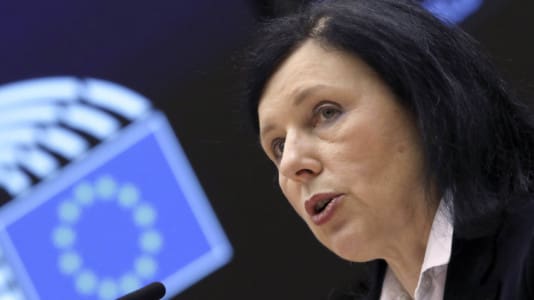National sovereignty should not be degraded by membership in the European Union, but should be the basis of European identity, said Czech Prime Minister Andrej Babiš in a pre-recorded speech at the “Pivotal Europe: National Sovereignty or a European Identity as the European Union Integrates” conference in Prague.
“Membership in the European Union should not put us in front of a decision. National sovereignty should be the basis and the concept of European identity, and the rule of the European Union project,” said the Prime Minister, adding that this is not happening at the moment.
After the ratification of the Lisbon Treaty, the EU tried to promote the concept of European identity, and there are attempts to make decision-making in the bloc more centralized, he said. According to Babiš, the European Commission tends to intervene in the affairs of the member states. He mentioned, for example, Poland and Hungary.
Babiš also noted that the countries of Central and Eastern Europe do not agree with the concept of a “super-national federation.” These countries have been part of the Eastern bloc for almost half a century, so they are very sensitive to issues of national sovereignty, he explained.
Babiš also said that during the referendum on joining the EU in 2003, he heard opinions from many people who had no doubts that it was right to be part of the EU. But currently, they are not satisfied with the membership and perceive the EU as a different organization than the one they once wanted. According to them, the EU no longer promotes the free movement of people, goods, or ideas, but bureaucracy and increasing interference in everyday life, Babiš noted. These people feel cheated and would not vote for EU membership again, he added.
“This is the story I can hear, but it’s not the story I want to hear,” he added.
The Czech prime minister noted that the European Union was doing well in some areas. However, it is important, for example, that the union is a strong and visible player in the international sphere in connection with the crises in Ukraine, Syria, Libya, and Iraq.
“Otherwise, no one will take the European Union seriously,” he said.
Babiš also reiterated his criticism concerning the single internal market, which has not been completed, yet, and added that it was not right that Bulgaria or Romania were still not part of the Schengen area.






